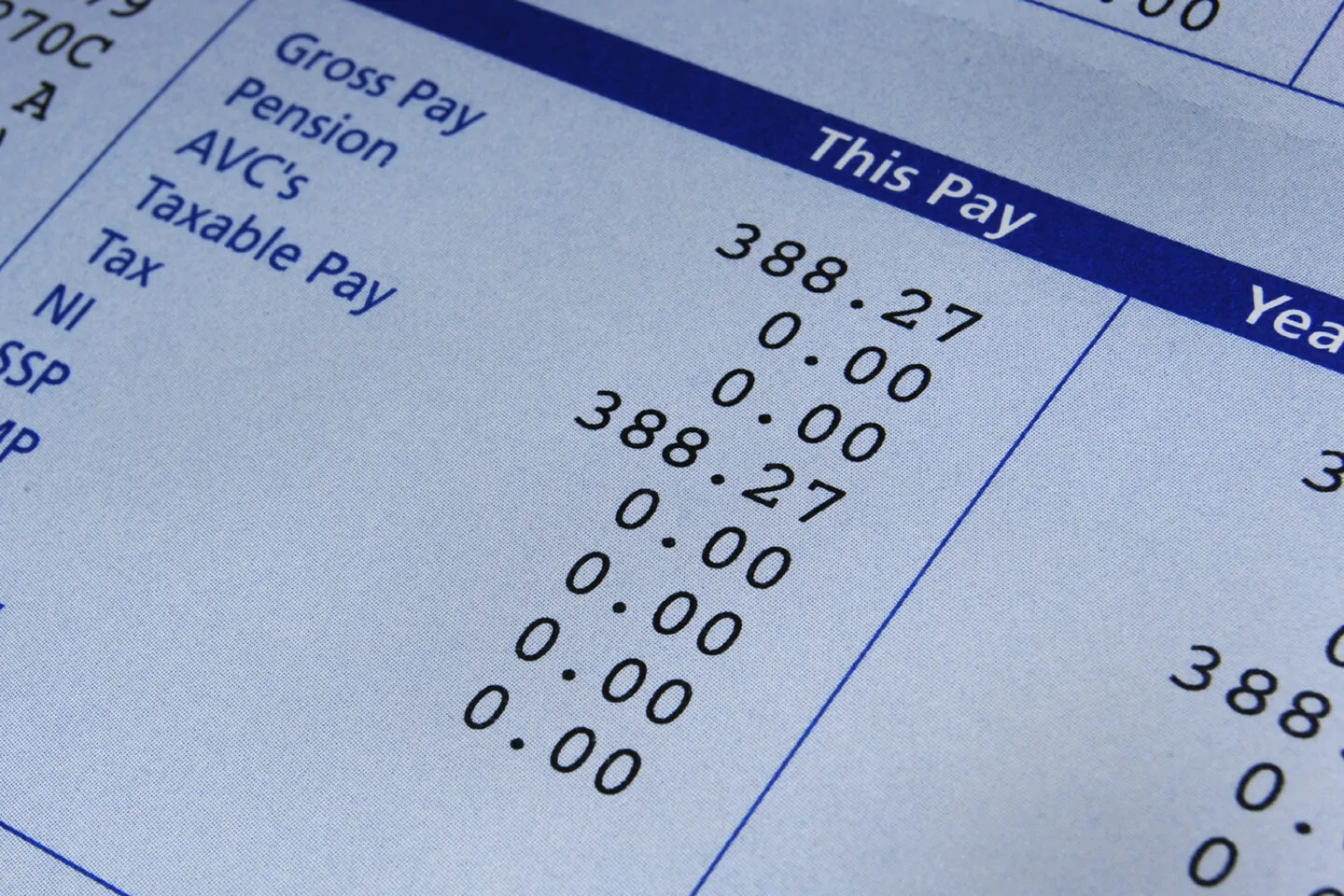
Should I give up, or should I just keep chasing payments?
11 Aug 2019Late payments are the grim reaper of the small business world; taking responsibility for closing the doors of approximately 50,000 SMEs in the UK every year.
While the owness is on companies to pay their invoices in a timely fashion, the unfortunate reality is that late payments are something of a deep-rooted culture among UK businesses.
As a result of this, the challenge for many small businesses is having the guidance to put effective payment protocol in place and ultimately protect their cash flow from late payments.
As a small business accountant, our team have the in-depth experience and knowledge required to help your company overcome challenges, such as late payments and the subsequent impact they can have on cash flow.
Get in touch with our team today, or try our instant quote tool and we will contact you shortly.
Chasing late payments
A key element of your business is to have the right policies and procedures in place for debt collection. You should never try to cut corners when chasing customers for payment.
Some business owners feel that chasing customers for payment is likely to upset them and either fail to do it at all or do not have a proper strategy in place.
Either of these scenarios reflect badly on your business – failing to chase customers promptly and appropriately, creates as negative a perception of your business as failing to deliver your goods or service.
Once you have delivered your goods or service to your customer, you, or whoever takes charge of credit control, should make a call checking all is in order, and the invoice/s will be passed for payment.
Record the content of this call-in detail to reflect with whom you spoke to, the date and time, and that the customer was happy with the order, and payment will be made.
Make sure your credit control strategy sets out a timescale for sending invoices and statements and reminders.
Should the due date for payment come and go, call again, and if you can then follow up by email, too.
If the invoice is overdue and the customer has not contacted you, make sure you send a chaser letter.
If the customer is making promises that they have not kept, make it clear that you now require full payment of your invoice/s. Do not let the customer delay matters too long.
Pitfalls of aged debt
The older a debt becomes, the harder it is to collect.
Not just that, but over a third of surveyed SMEs say aged debt is affecting their cash flow, with half of all respondents stating that unpaid bills have prevented them from investing in their business.
This means small businesses can be restricted from buying new equipment, not being able to pay or hire staff or having to put plans to expand their business on hold, all because of late payments and an absence of protocol.
Efficient invoicing
For a small business with just a handful of clients, setting up a simple spreadsheet may be enough to keep up with unpaid invoices.
However, as the company grows, you’ll find it’s much easier and less time consuming to use an invoice tracker system, which is often included as part of a cloud accounting software such as Xero.
This will collate all the invoice information in one place and provide alerts when payments are due.
As one of the few Platinum Xero Partners, the team at Accounts and Legal form the country’s leading Xero accountant.
We are experts in implementing the software, from the early stages of training our clients to breaking down data and giving you advice that will help your business outperform its competitors.
Get in touch with our team to speak more about how Xero can help you to further your business, or try our instant accounting quote tool and get a fee in just five clicks.






















